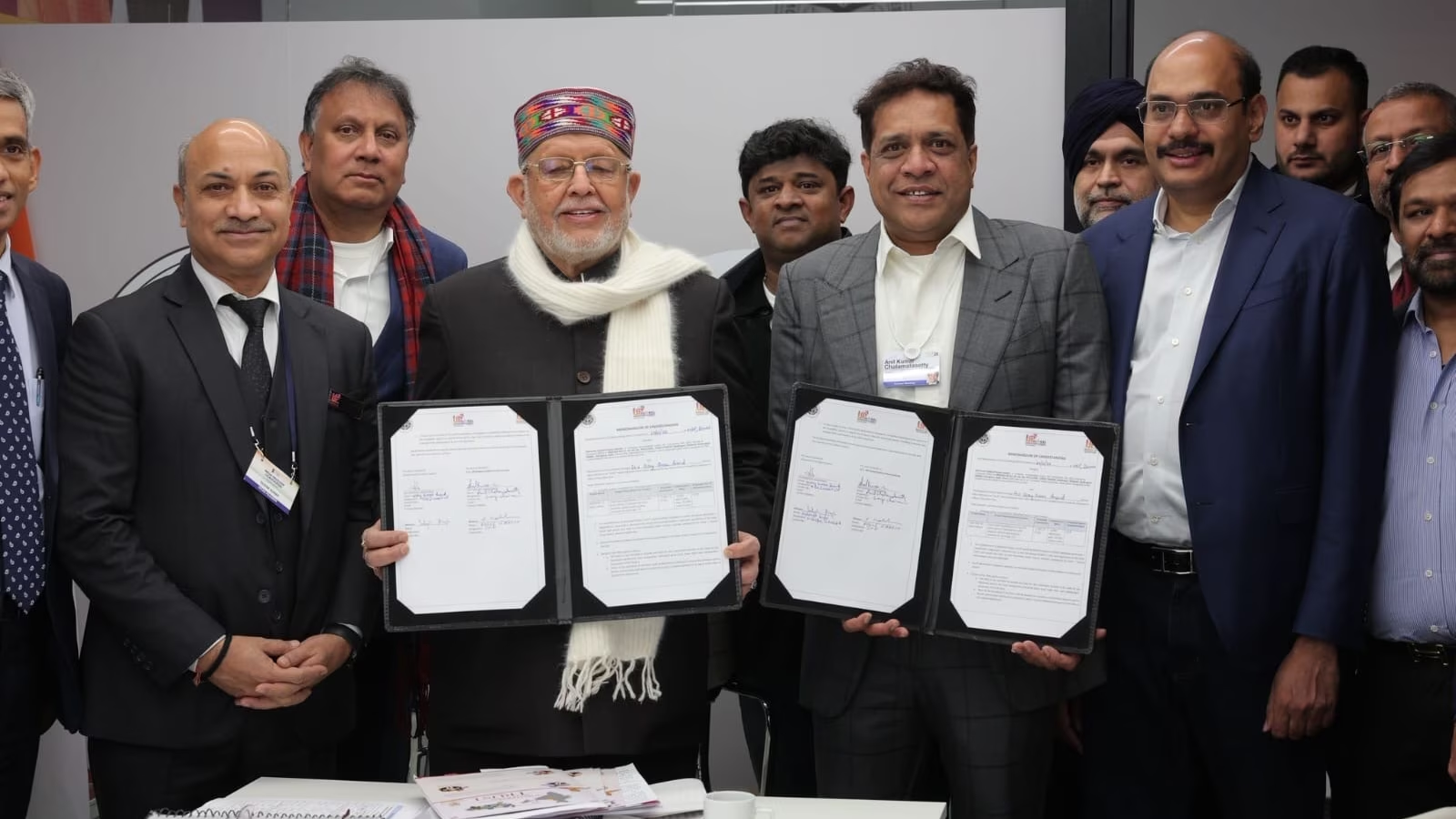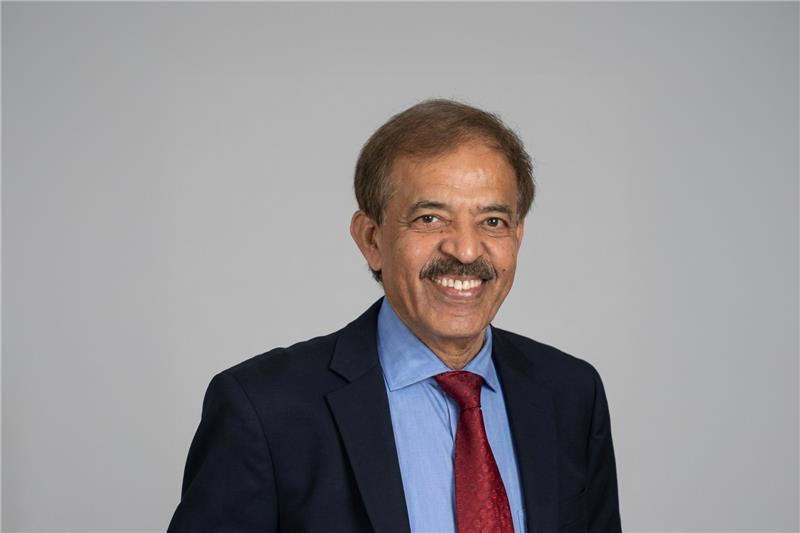The number of Global Capability Centres (GCCs) in India is projected to rise from around 1,700 today to over 5,000 in the next two years, according to Charanjot Singh Nanda, President of the Institute of Chartered Accountants of India (ICAI). Speaking at the GCC Summit in New Delhi on Friday, Nanda highlighted India’s strong position as a global hub for strategic and technology-driven services.
Bengaluru Leads as GCC Hub, Tier-2 Cities to See Growth
Bengaluru, which hosts over one-third of India’s GCC workforce, is expected to remain the country’s leading GCC destination. Other major hubs include Hyderabad, Pune, Chennai, Mumbai, and the National Capital Region (NCR) Delhi.
Nanda also underscored the role of Tier-2 cities in fueling future GCC expansion, driven by cost advantages, talent availability, and supportive infrastructure development.
Nanda also underscored the role of Tier-2 cities in fueling future GCC expansion, driven by cost advantages, talent availability, and supportive infrastructure development.
GCC Revenue Expected to Cross $100 Billion
According to ICAI, India’s GCC sector generated approximately $65 billion in revenue in 2024. This figure is projected to cross the $100 billion mark in the coming years. Nanda emphasized that this growth will create high-quality jobs, particularly for chartered accountants, finance experts, and IT professionals.
Currently, an estimated 19 lakh (1.9 million) professionals are employed in India’s GCCs, with this number projected to reach 28 lakh (2.8 million) by 2030. Notably, about 80,000 chartered accountants are already working within these centres.
“Our vision is not just to be employees. We want to drive the entire course—learn, innovate, and create entrepreneurial opportunities,” Nanda said.
Currently, an estimated 19 lakh (1.9 million) professionals are employed in India’s GCCs, with this number projected to reach 28 lakh (2.8 million) by 2030. Notably, about 80,000 chartered accountants are already working within these centres.
“Our vision is not just to be employees. We want to drive the entire course—learn, innovate, and create entrepreneurial opportunities,” Nanda said.
Evolving Roles of India’s GCCs
India’s Global Capability Centres (GCCs) have evolved far beyond routine back-office support functions to become strategic hubs delivering high-value, complex services. Today, they play a critical role in finance and accounting, risk management, compliance and governance, taxation and digital tax advisory, ESG (environmental, social, and governance) reporting, cybersecurity, AI-enabled finance, cloud computing, and semiconductor development. ICAI President Charanjot Singh Nanda highlighted that chartered accountants are at the forefront of this transformation, driving strategic and operational excellence across these domains and firmly positioning India as a trusted global partner for advanced, knowledge-intensive services.
India’s GCCs Serve Over 1,000 Global Enterprises
At the summit, Mahaveer Singhvi, Joint Secretary in the Ministry of External Affairs, noted that Indian GCCs currently serve over 1,000 global enterprises.
“India is not just exporting goods anymore. We are exporting compliance, financial clarity, and resources,” Singhvi said. He underscored the growing importance of GCCs in delivering cutting-edge technological solutions and connecting multinational corporations with top-tier talent.
“India is not just exporting goods anymore. We are exporting compliance, financial clarity, and resources,” Singhvi said. He underscored the growing importance of GCCs in delivering cutting-edge technological solutions and connecting multinational corporations with top-tier talent.
Conclusion
With increasing demand for advanced technology, risk management, and AI-driven solutions, India’s GCC sector is poised for strong growth. The government’s push for ease of doing business, improved infrastructure, and a skilled workforce continues to strengthen India’s appeal as the preferred destination for setting up and expanding Global Capability Centres.
Visit Our News section and follow us on LinkedIn and Twitter
Read more full news: Here







